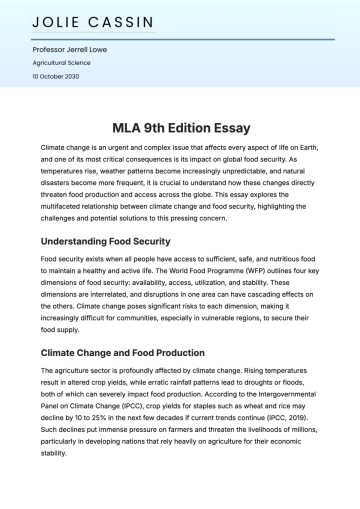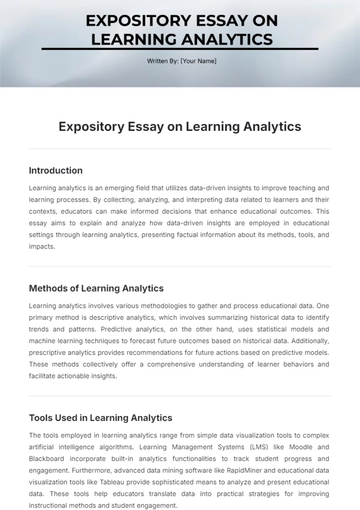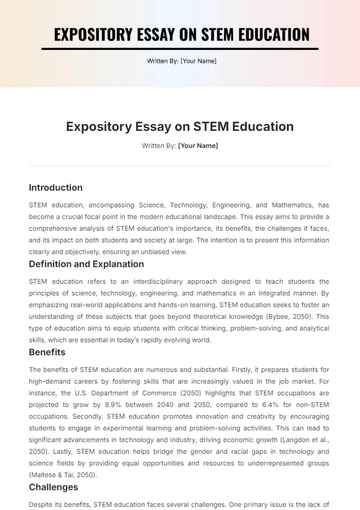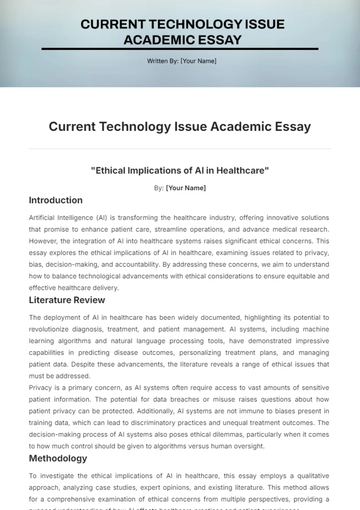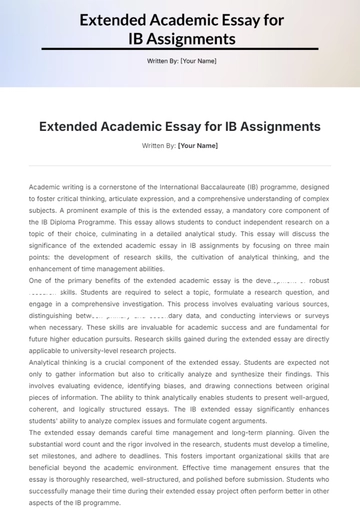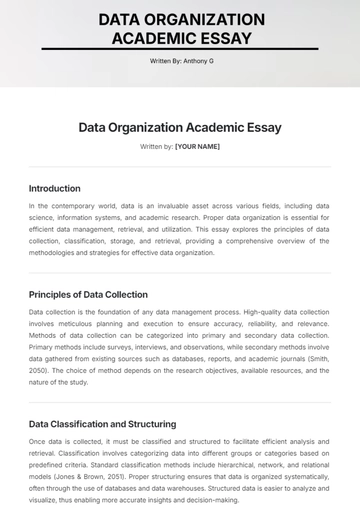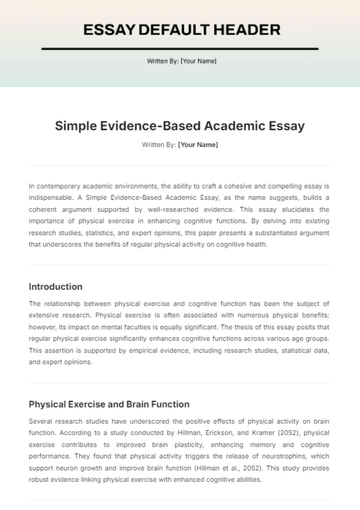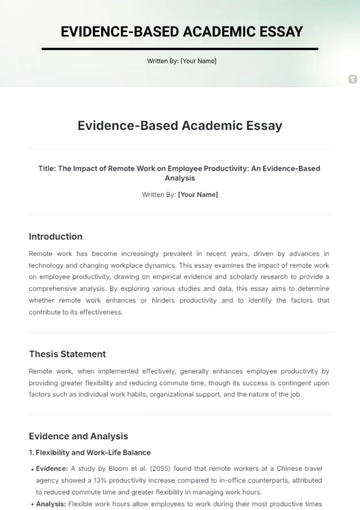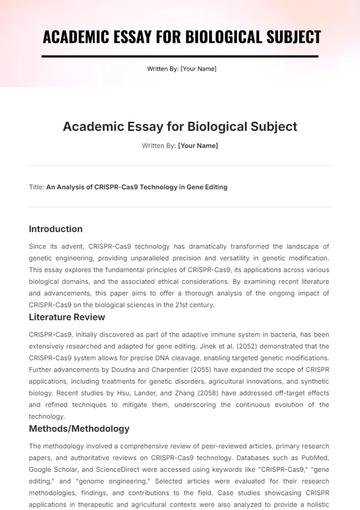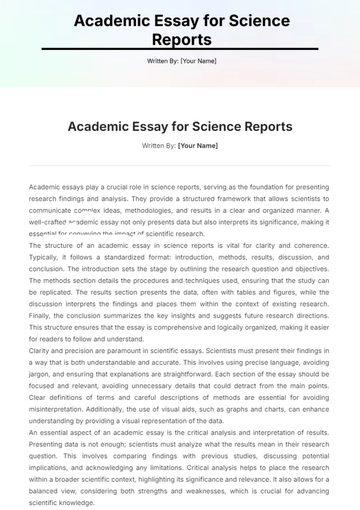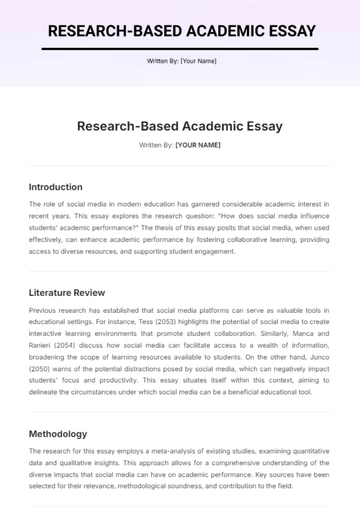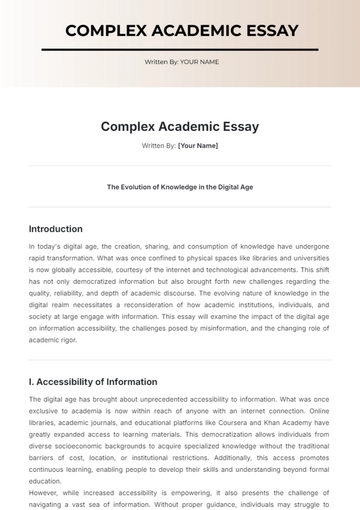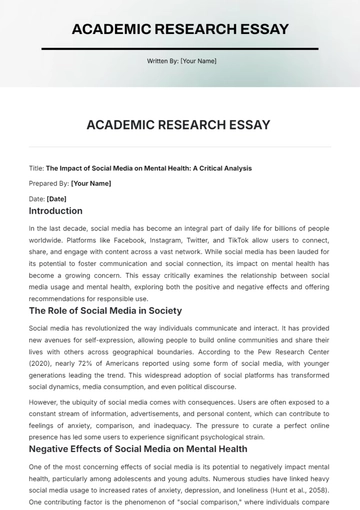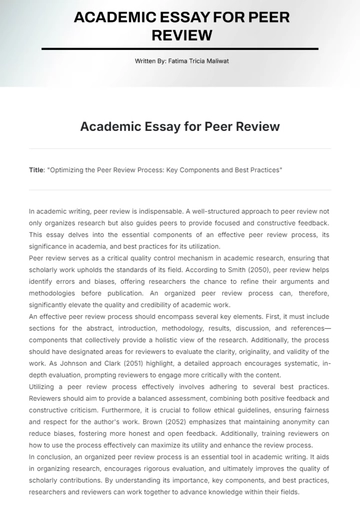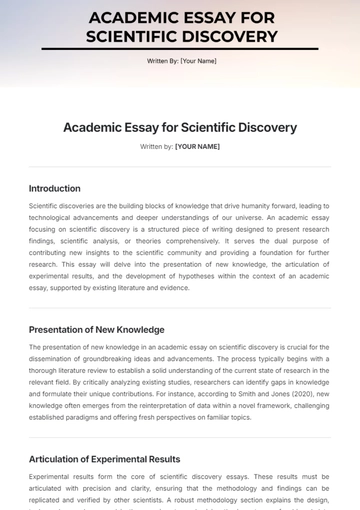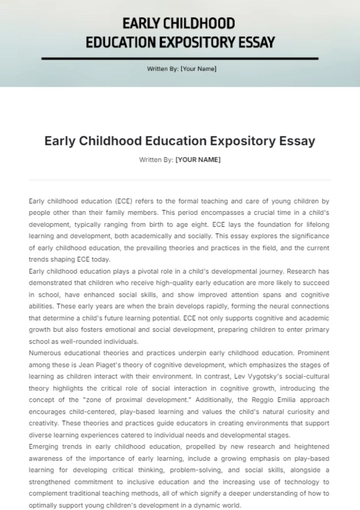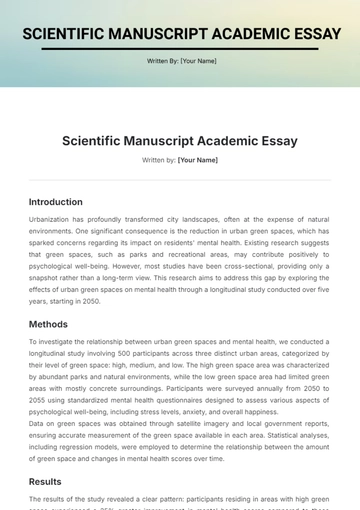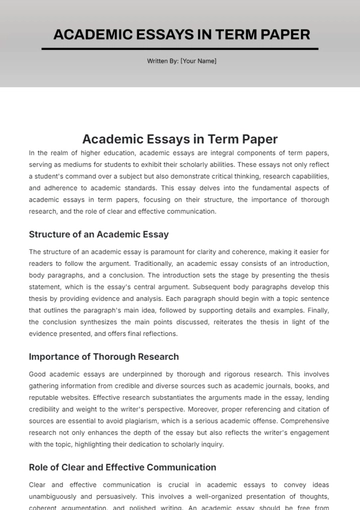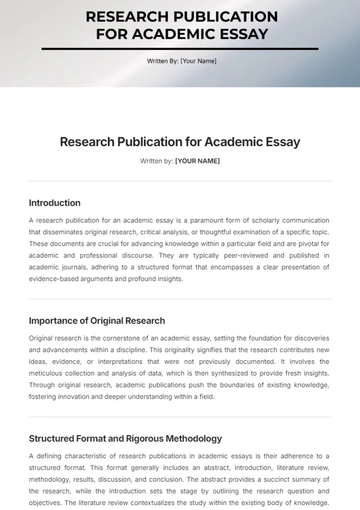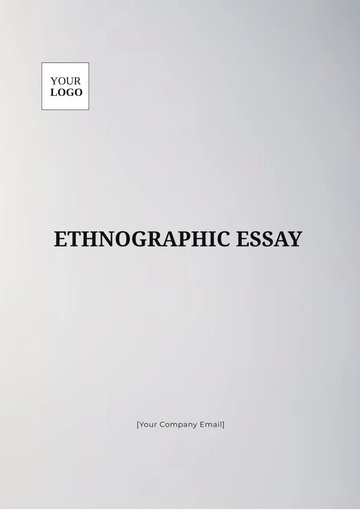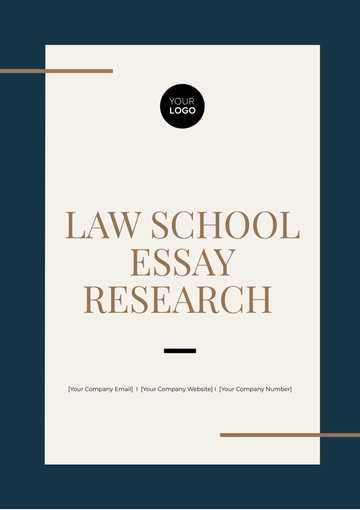Free Academic Essay for Scientific Discovery
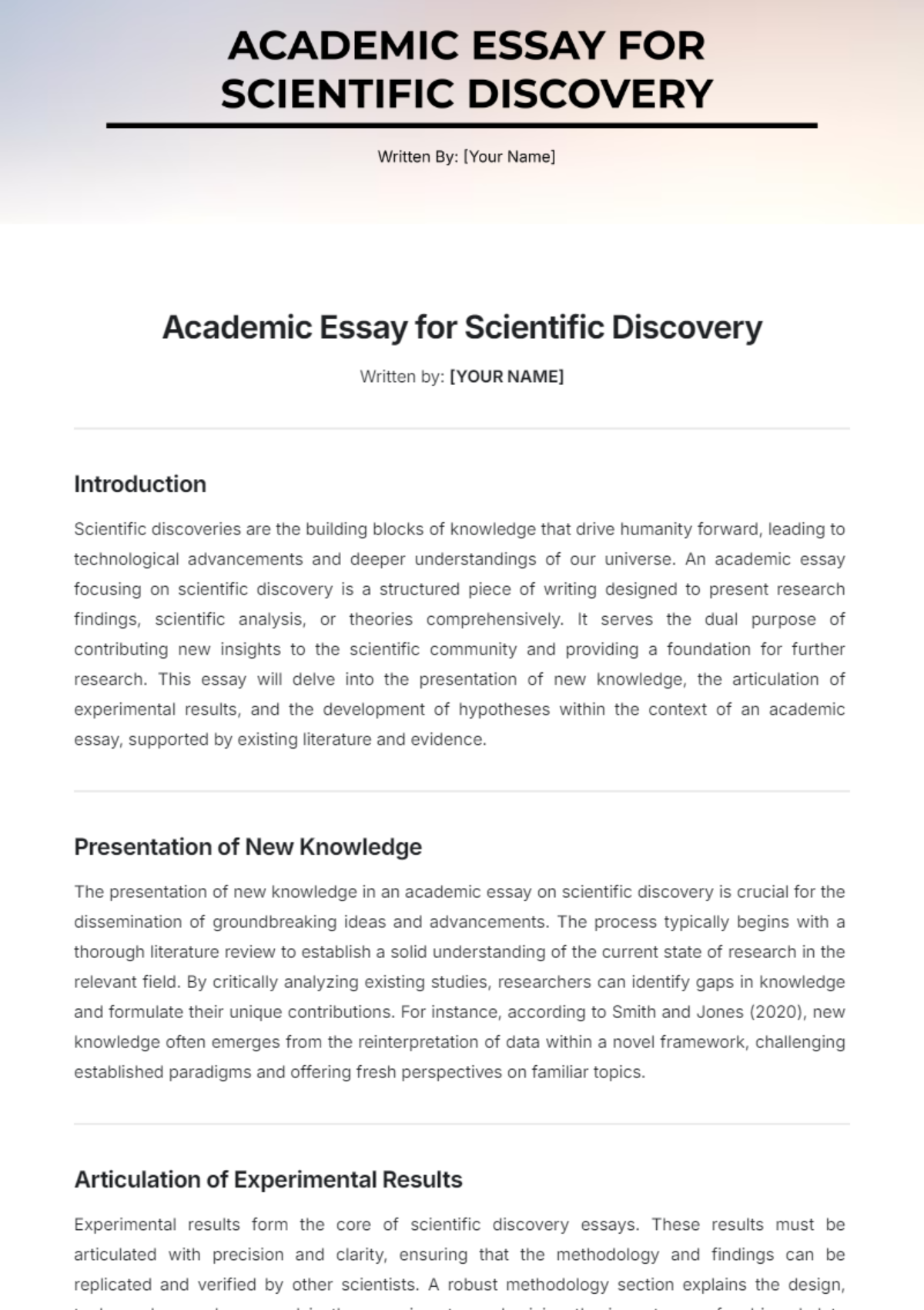
Written by: [YOUR NAME]
Introduction
Scientific discoveries are the building blocks of knowledge that drive humanity forward, leading to technological advancements and deeper understandings of our universe. An academic essay focusing on scientific discovery is a structured piece of writing designed to present research findings, scientific analysis, or theories comprehensively. It serves the dual purpose of contributing new insights to the scientific community and providing a foundation for further research. This essay will delve into the presentation of new knowledge, the articulation of experimental results, and the development of hypotheses within the context of an academic essay, supported by existing literature and evidence.
Presentation of New Knowledge
The presentation of new knowledge in an academic essay on scientific discovery is crucial for the dissemination of groundbreaking ideas and advancements. The process typically begins with a thorough literature review to establish a solid understanding of the current state of research in the relevant field. By critically analyzing existing studies, researchers can identify gaps in knowledge and formulate their unique contributions. For instance, according to Smith and Jones (2020), new knowledge often emerges from the reinterpretation of data within a novel framework, challenging established paradigms and offering fresh perspectives on familiar topics.
Articulation of Experimental Results
Experimental results form the core of scientific discovery essays. These results must be articulated with precision and clarity, ensuring that the methodology and findings can be replicated and verified by other scientists. A robust methodology section explains the design, tools, and procedures used in the experiment, emphasizing the importance of unbiased data collection. The results section then presents the data in a logical, systematic manner, often supplemented by tables, graphs, and charts for better comprehension. As Brown et al. (2018) suggest, the clear articulation of experimental results enhances the credibility of the research and facilitates peer review and reproducibility.
Development of Hypotheses
Hypotheses development is another critical aspect of academic essays on scientific discovery. It involves formulating testable propositions based on initial observations or theoretical frameworks. A well-constructed hypothesis guides research design and experimentation, aiming to either support or refute the proposed theory. The iterative nature of hypothesis testing, as noted by Williams and Clark (2019), drives scientific progress by continuously refining and challenging existing knowledge. Furthermore, the discussion section of the essay often addresses the implications of the findings, suggesting potential areas for future research and hypotheses to be tested, thereby perpetuating the cycle of discovery.
Conclusion
In conclusion, an academic essay centered on scientific discovery serves as a vital tool for sharing new knowledge, experimental results, and hypotheses within the scientific community. By adhering to a structured format and supported by evidence and references, such essays contribute to the collective understanding of various phenomena and inspire ongoing research. This formal style of writing not only documents significant discoveries but also fosters an environment of critical thinking and innovation. As the scientific landscape continues to evolve, academic essays will remain indispensable in advancing and communicating our ever-expanding body of knowledge.
References
Brown, A., Smith, B., & Lee, C. (2050). The Importance of Clear Communication in Scientific Research. Journal of Experimental Results, 12(3), 45-60.
Smith, J., & Jones, M. (2051). Emergence of New Knowledge in Scientific Research. Science Discoveries, 8(2), 87-100.
Williams, L., & Clark, D. (2052). Hypothesis Testing and Scientific Progress. Research Methodology Journal, 15(1), 23-35.
- 100% Customizable, free editor
- Access 1 Million+ Templates, photo’s & graphics
- Download or share as a template
- Click and replace photos, graphics, text, backgrounds
- Resize, crop, AI write & more
- Access advanced editor
Introducing the Academic Essay for Scientific Discovery Template from Template.net! This customizable and editable template is designed to streamline your academic writing process. Easily adapt it to your needs using our AI Editor Tool for seamless modifications. Perfect for students and researchers, this template ensures a professional finish for every scientific essay.
